Nội Dung Chính
(Trang 106)
Reported statements
UsageWe use reported speech to report what someone has said, without quoting their exact words. We use tell and say to report statements. We always use an object after tell. I told the police that I hadn't seen the burglars. Our neighbours told us that they could help. We use say when there is no object. The woman said that she'd lost her phone. NOT The woman said us that she'd lost her phone. Reported questions'Why are you calling the police?" they asked. They asked me why I was calling the police. 'Did you see the crime?' the detective asked. The detective asked us if we'd seen the crime. When we report a question, the word order is different from direct questions. We don't use question marks in reported questions. The rules for changing the verb tenses are the same as with affirmative and negative reported speech. We report yes/no questions with if or whether. 'Can you explain?' (Yes, I can. / No, I can't.)
| → He asked me if I could explain. "Have they agreed?' (Yes, they have. / No, they haven't.) → She asked us whether they'd agreed. With questions that contain a question word, we repeat the question word. "How old are you? They asked me how old I was. UsageWe use reported questions to report what someone has asked, without quoting their exact words. Reported commands, requests, offers and suggestionsWe use ask for reported requests and tell for reported commands. We use ask/ tell + object + (not) infinitive (with to). The police officer asked us to report the robbery. My teacher told me not to interrupt her. We use offer for reported offers. We use offer + (not) infinitive (with to). They offered to look for the vandals. We use suggest that for reported suggestions. We use suggest + that + verb. He suggested that we watch TV this evening. UsageWe use reported commands, requests, offers and suggestions to report what someone has said, without quoting their exact words. Time conjunctionsTime conjunctions are subordinating conjunctions used to connect an action or event to a point in time. Jane fell off her bike when she was riding home from school yesterday. After we walked around to search for a spot, we finally found a small patch of grass under a tree. These time conjunctions are usually followed by a subject and a verb. As soon as we arrived at the park, we realised that it was overcrowded with noisy groups. Read your book until your teacher comes back. Some of time conjunctions can be followed by -ing or-ed forms. After walking around to search for a spot, we finally found a small patch of grass under a tree. She felt really excited when given the first prize in the English contest. |
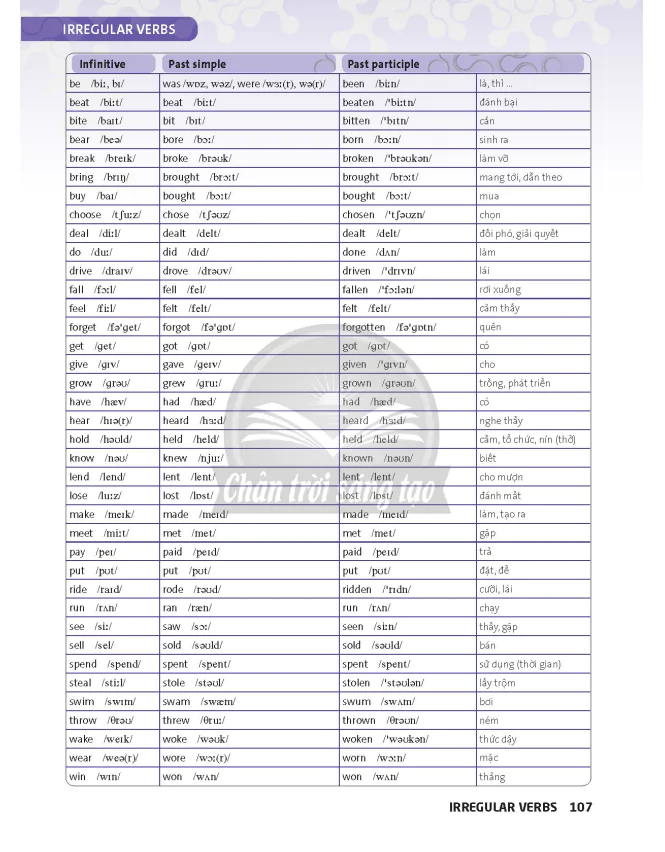
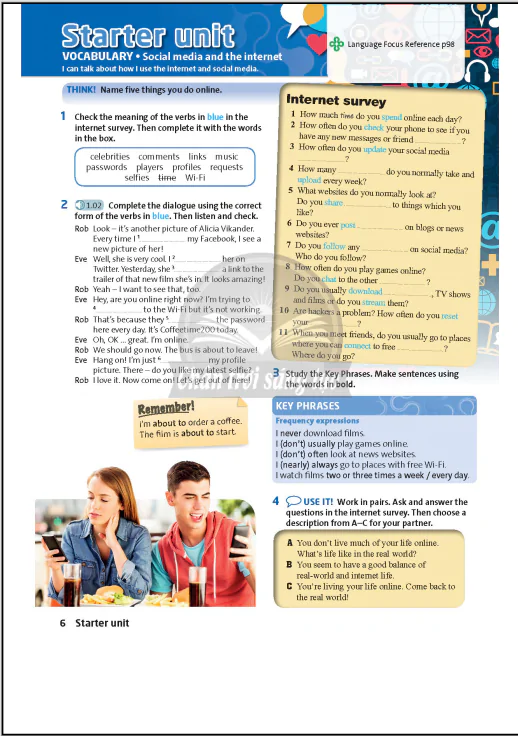
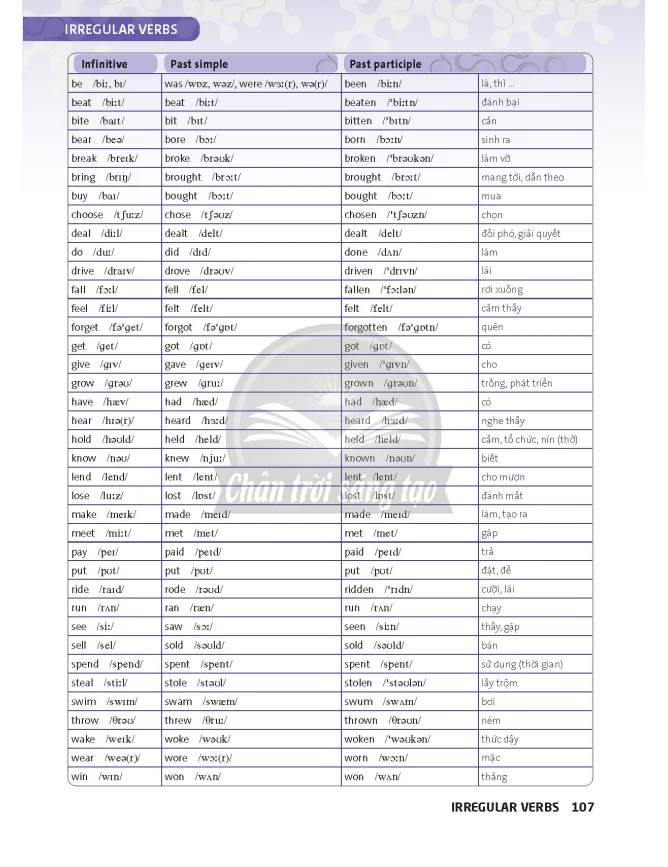
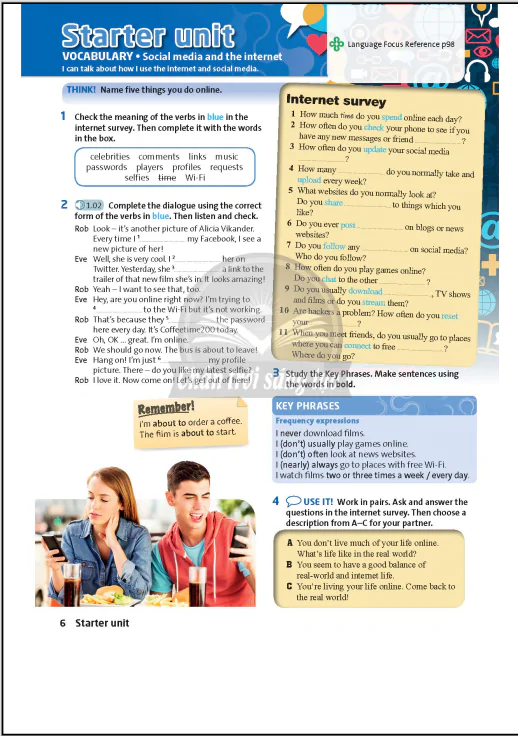
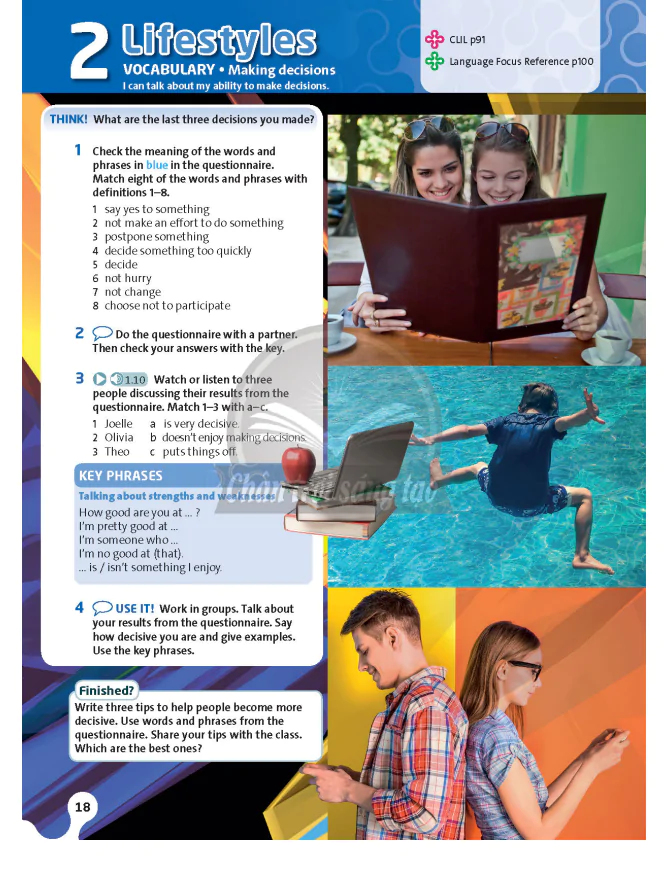
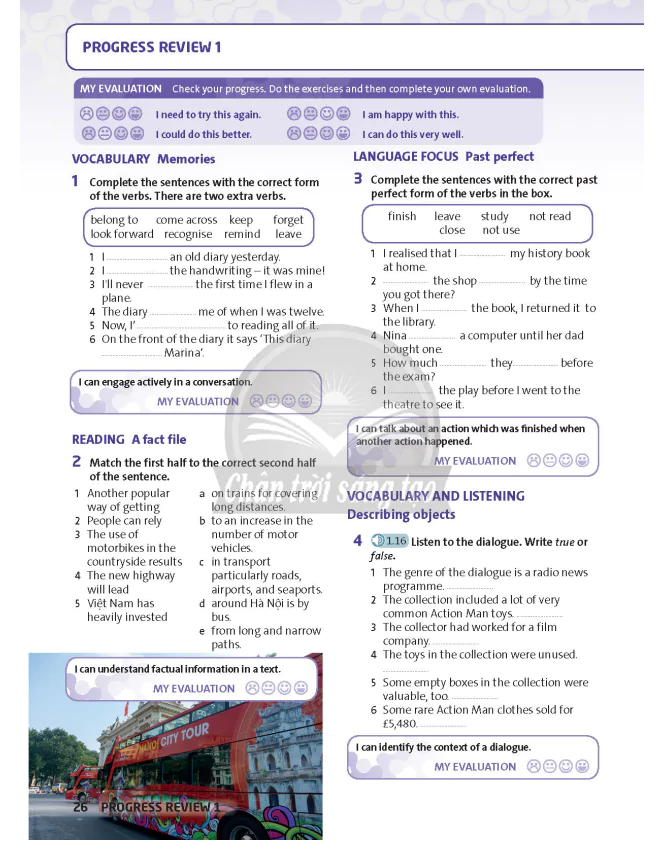

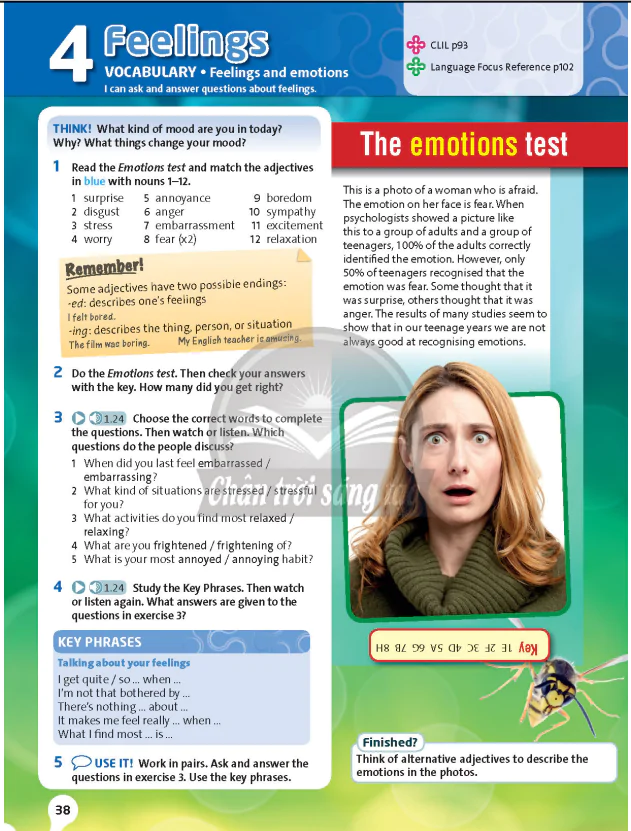
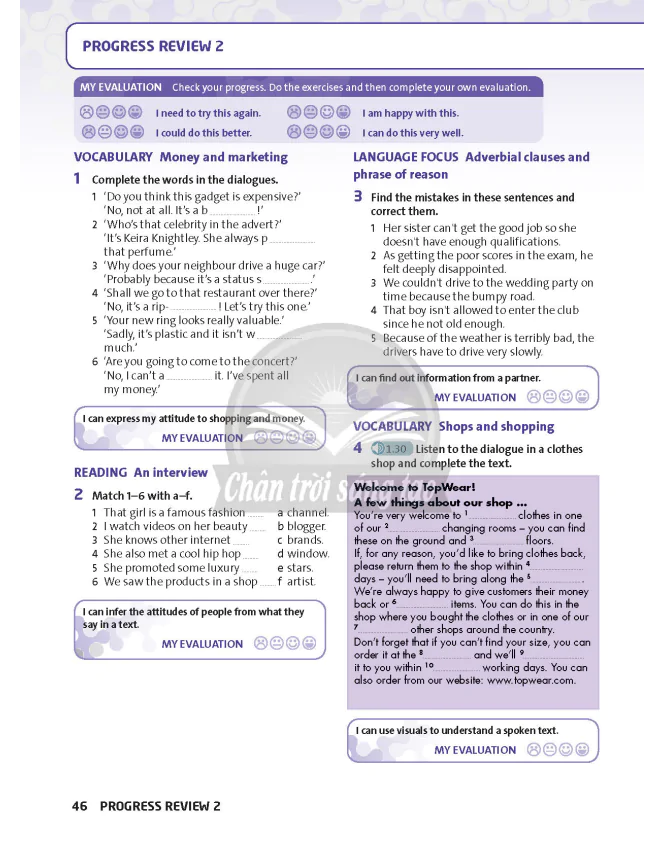
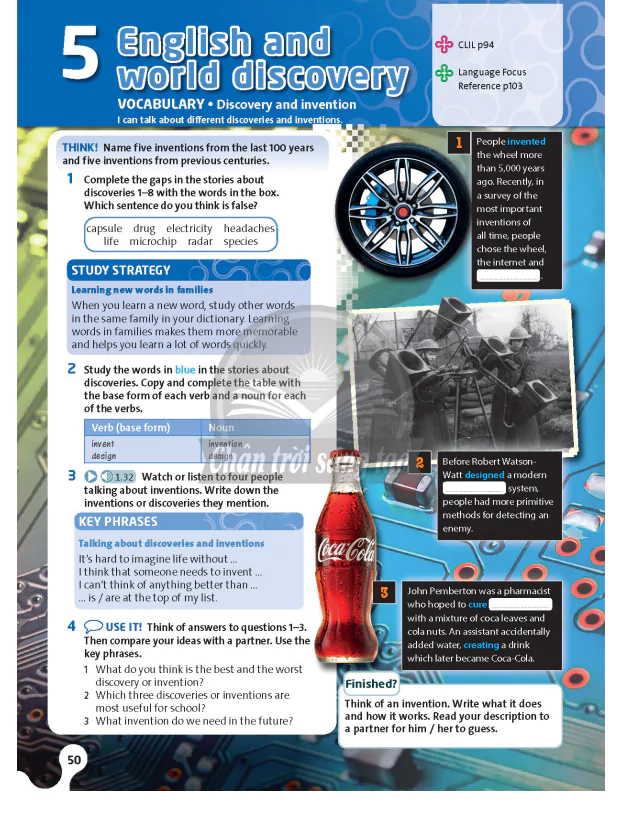
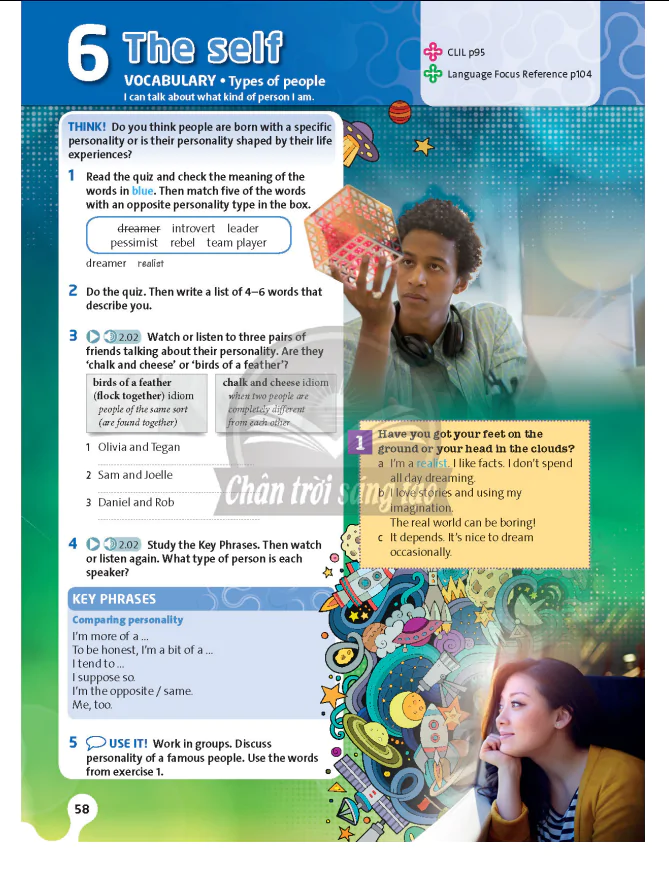
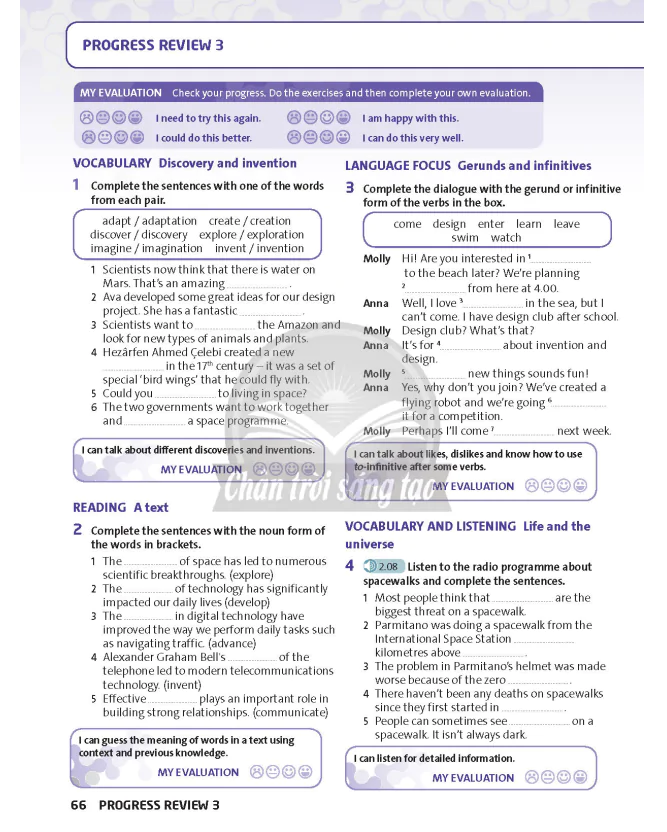
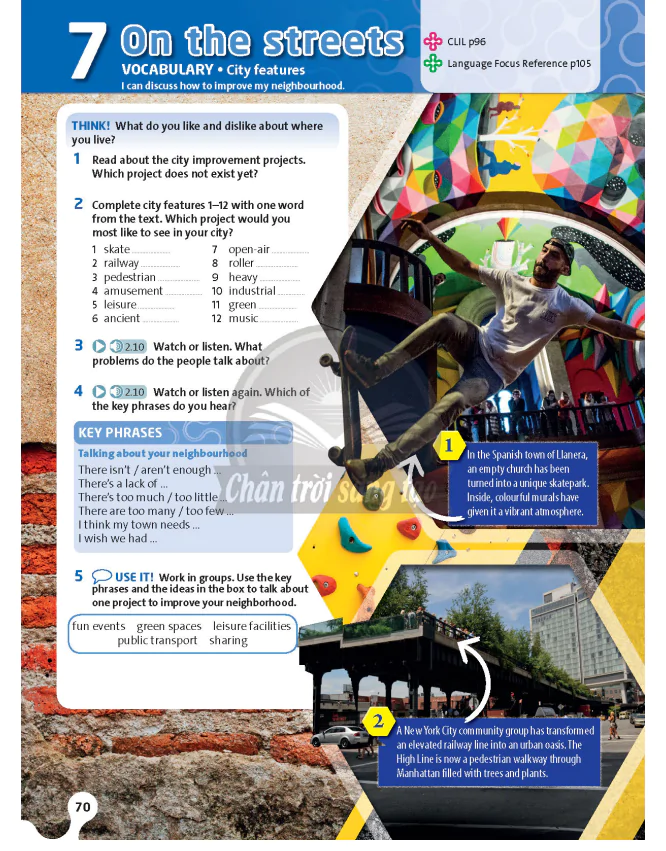
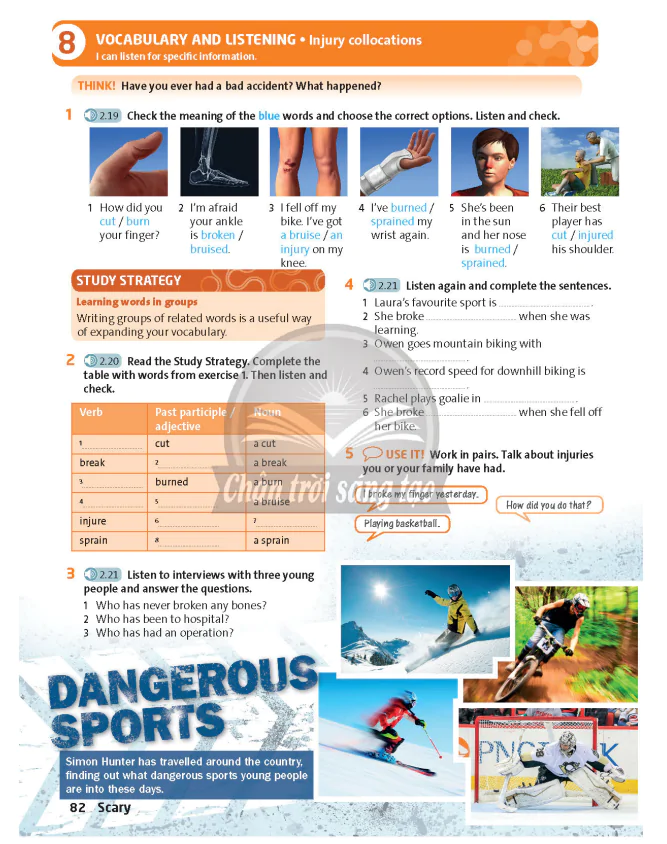
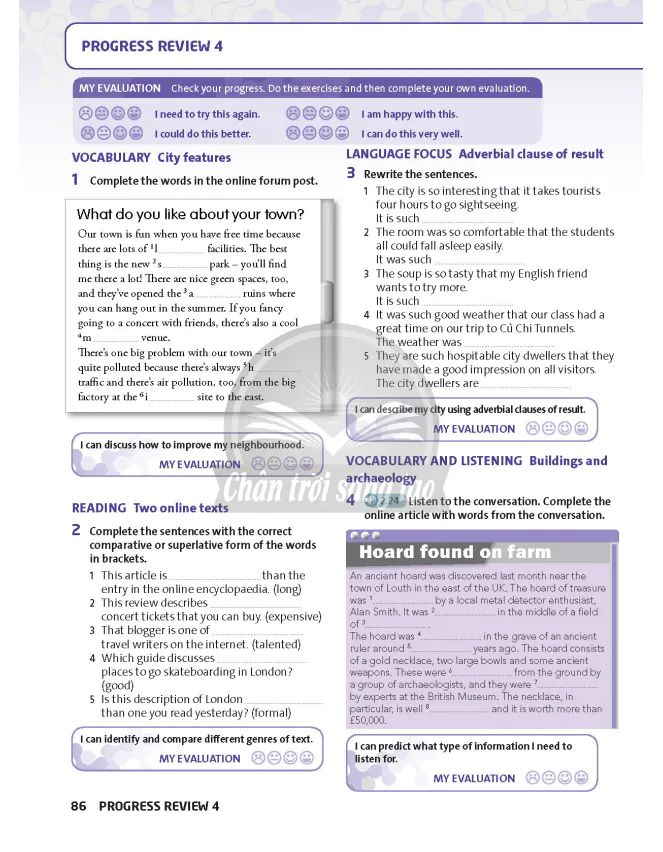




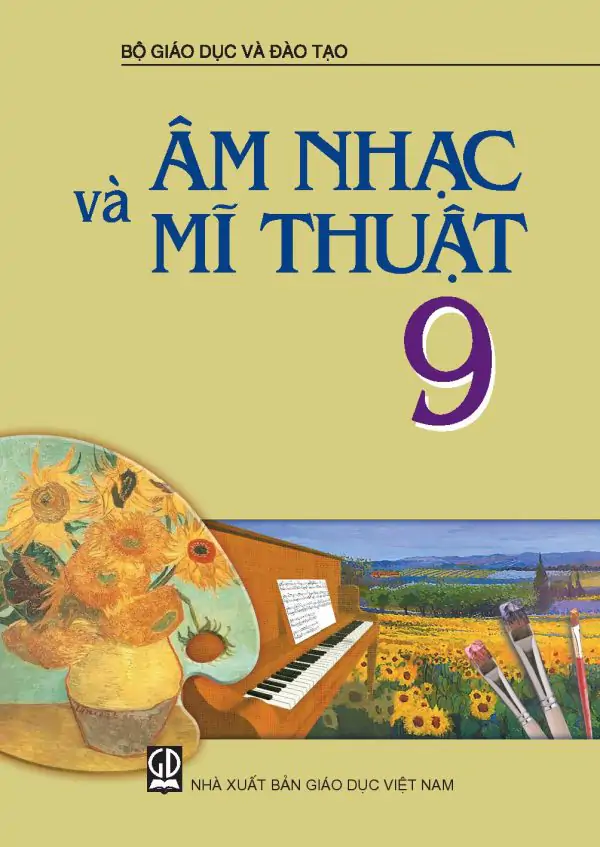
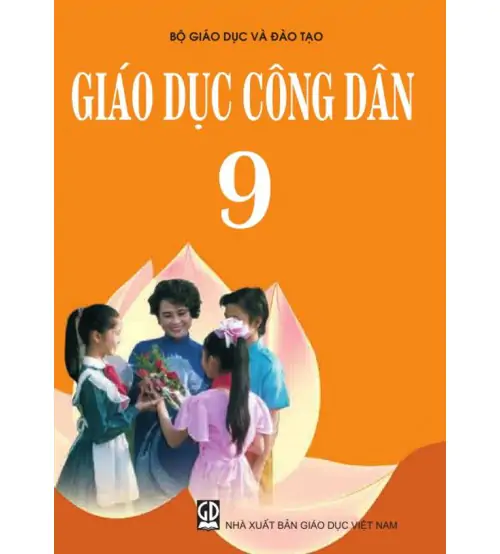



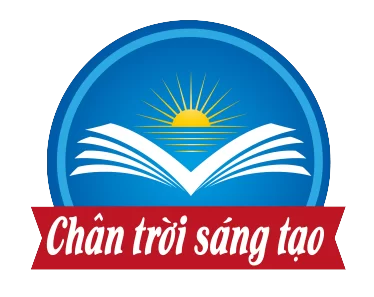














Bình Luận
Để Lại Bình Luận Của Bạn